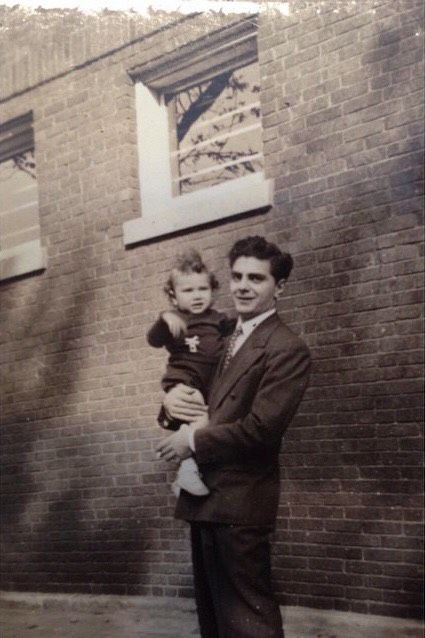We must recognize the Armenian genocide
April 23, 2018
“Who, after all, speaks today of the annihilation of the Armenians?” Adolf Hitler asked in an August 1939 speech as he stood poised to occupy Poland and exterminate its Jewish population.
As aghast as I am to be quoting this horrific person, Hitler was inspired by the fact that he could commit such an atrocity and thought he could get away with it as the Young Turks did to my Armenian ancestors.
According to United to End Genocide, an activist organization working to prevent genocide, the Ottoman Sultan was overthrown in 1909 by a new political group referred to as the “Young Turks,” a group who pushed for a more modern, westernized style of government. Armenians soon learned the new leaders held xenophobic beliefs about their culture but were unaware these men planned to eliminate the Armenian population.
On April 24, 1915, the Turks forced 300 intellectual Armenians out of their homes and tortured, hung or shot them, the first of many roundups designed to complete their plan.
After years of death marches, concentration camps, rapes and murders, approximately 1.5 million Armenians were killed. In 1914, there were initially 2.1 million Armenians in the Ottoman empire, but by 1922, only 387,000 remained.
My great-great grandmother was born in Turkey to Armenian parents during the onset of the genocide. They knew of the dangers they faced and fled to America for safety. If they hadn’t escaped, my family and I wouldn’t be here.
Armenian Genocide Remembrance Day is held annually April 24 to commemorate the 1.5 million who lost their lives. Although there is factual evidence that confirms these atrocities, Turkey still denies the genocide 103 years later.
We cannot let a genocide of a people be silenced any longer. Although Americans may think they understand and recognize the horrors that have occurred throughout history, in many cases they do not—given the silence regarding the Armenian genocide. According to the Armenian National Committee of America, only 35 percent of Americans know about the genocide.
A 2015 poll conducted by the Istanbul-based Center for Economics and Foreign Policy Studies found that only 9 percent of Turks thought the government should label the atrocities a genocide and apologize for them, according to an April 16, 2015, New York Times article. Turkey recognizes that killings occurred but blames it on the time of war, refusing to use the word “genocide,“ the article states.
In 2017, “The Promise” was released, a movie set during the 1915 atrocities. The Hollywood Reporter found that thousands of Turkish genocide deniers down-voted the film on IMDB, resulting in a 1.8 star rating, according to an April 17, 2017, article. The attempt to rewrite history is ongoing. Who today remembers the Armenians?
President Barack Obama promised to acknowledge the genocide upon his election in 2008. However, when the 100-year anniversary came in 2015, Obama failed to use the word “genocide.”
Many are afraid to label it as such because the U.S. has ties with Turkey and are concerned recognizing the genocide will cause further conflict between the U.S. and other countries. But the denial itself is nothing short of insulting to Armenians and the ancestors who faced these atrocities.
In all my years of education, I never learned about this history, and there are very few people I run into that are even aware that it happened. The only education I received was from my father, and if I didn’t have a connection to this through my heritage, would I, too, be ignorant?
We need to recognize the Armenian genocide with education and fighting against Turkey’s denial.
American classrooms must teach students about historical atrocities, including the Armenian genocide. I am proud to have an Armenian last name, and I am proud that my grandparents survived this genocide to pass our ethnicity on to me.
For my Armenian ancestors and others who were killed, we cannot continue to let their suffering be silenced. Let’s speak up, let’s educate, and let’s say the word “genocide.”








